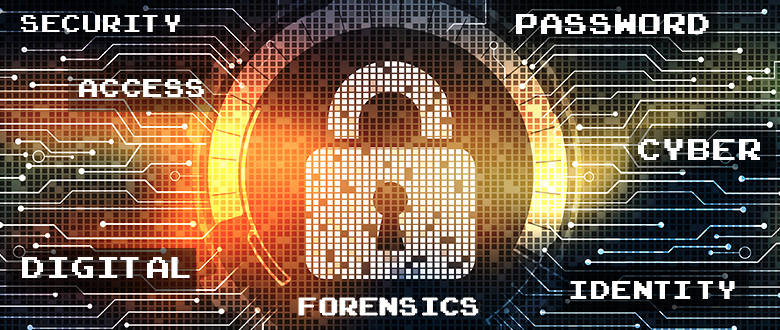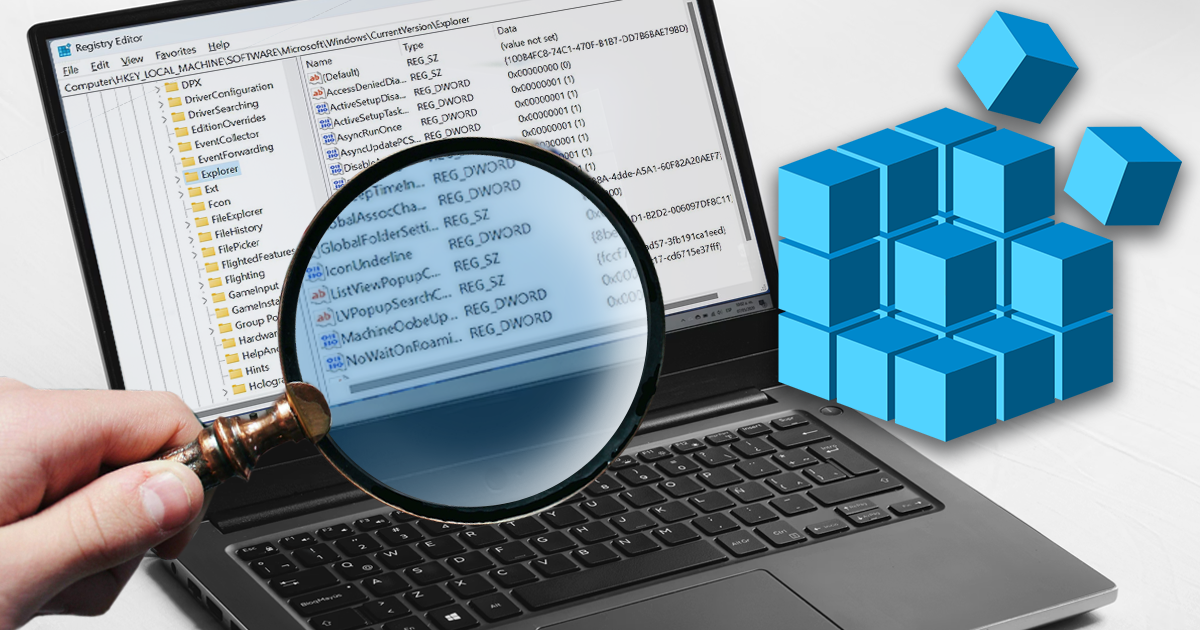Believe me or not, but this is exactly the 500th post in our blog! The first one was posted in March 2009 and was about Distributed Password Recovery and GPU acceleration. At that time, we even did not do mobile or cloud forensics. Today it’s not about our achievements. I want to thank you for being with us, and share a few bits and pieces about our blog that you may find handy or at least amusing.
Apple iMessage is an important communication channel and an essential part of forensic acquisition efforts. iMessage chats are reasonably secure. Your ability to extract iMessages as well as the available sources of extraction will depend on several factors. Let’s discuss the factors that may affect your ability to extract, and what you can do to overcome them.
Remember the good old times when there was a lot of applications with “snake oil” encryption? You know, the kind of “peace of mind” protection that allowed recovering or removing the original plaintext password instantly? It is still the case for a few “we-don’t-care” apps such as QuickBooks 2021, but all of the better tools can no longer be cracked that easily. Let’s review some password recovery strategies used in our software today.
If the iPhone is locked with a passcode, it is considered reasonably secure. The exception are some older devices, which are relatively vulnerable. But what if the passcode is known or is not set? Will it be easy to gain access to all of the data stored in the device? And why do we have the countless forensic tools –is analysis and reporting the sole reason for their existence? Not really. If you’ve been wondering what this acquisition thing is all about, this article is for you.
Today, we have an important date. It’s been 13 years since we invented a technique that reshaped the landscape of modern password recovery. 13 years ago, we introduced GPU acceleration in our then-current password recovery tool, enabling the use of consumer-grade gaming video cards for breaking passwords orders of magnitude faster.
We have plugged the last gap in the range of iOS builds supported on the iPhone 5s and 6. The full file system extraction and keychain decryption is now possible on these devices regardless of the version of iOS they are running – at least if that’s iOS 9 or newer. For all other iOS devices up to and including the iPhone 11 Pro Max, we can extract them without a jailbreak if they are running iOS 9 through 13.5 without exceptions. Read how we made this possible.
Criminals are among the most advanced users of modern technology. They learned how to hide information in their smartphones and how to encrypt their laptops. They communicate via secure channels. Their passwords never leak, and they do their best to leave no traces. Forensic investigators encounter new challenges every other day. In this article, we will discuss yet another tool used by the criminals to cover their traces: the encrypted virtual machine.
We all have habits. Morning coffee (no sugar, just some milk), two eggs (sunny side up), reading mail wile you are not completely awaken, and a lot more. We all follow some kind of rules we have set for ourselves. We all have some favorites: names, cities and even numbers; maybe an important date or place. Can we exploit people’s habits to break their passwords effectively instead of using brute force? We can, and here’s the how-to.
Virtual machines use a portable, hardware-independent environment to perform essentially the same role as an actual computer. Activities performed under the virtual umbrella leave trails mostly in the VM image files and not on the host computer. The ability to analyze virtual machines becomes essential when performing digital investigations.
Making tools for breaking passwords, I am frequently asked whether it’s legal, or how it works, or what one can do to protect their password from being cracked. There are people who have “nothing to hide”. There are those wearing tin foil hats, but there are a lot more people who can make a reasonable effort to secure their lives without going overboard. This article is for them.


